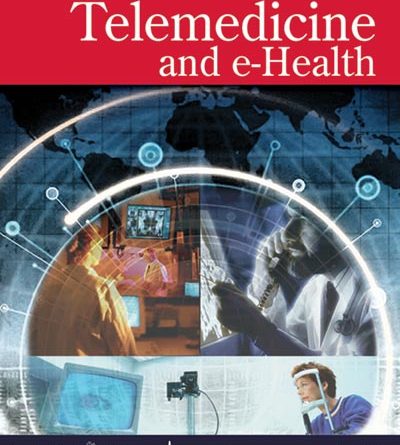Modeling the Cost of Teleneonatology from the Health System Perspective
Introduction:Teleneonatology (TN) allows remote neonatologists to provide real-time audio-video telemedicine support to community hospitals when neonates require advanced resuscitation or critical care. Currently, there are no published economic evaluations of U.S. TN programs.
Objective:To evaluate the cost of TN from the perspective of the health care system.
Methods:We constructed a decision tree comparing TN to usual care for neonates born in hospitals without a neonatal intensive care unit (NICU) who require consultation. Our outcome of interest was total cost per patient, which included the incremental cost of a TN program, the cost of medical transport, and the cost of NICU or non-NICU hospitalization. We performed threshold sensitivity analyses where we varied each parameter to determine whether the base-case finding reverted.
Results:For neonates requiring consultation after birth in a hospital without a NICU, TN was less costly ($16,878) than usual care ($28,047), representing a cost-savings of $11,168 per patient. Sensitivity analyses demonstrated that at least one of the following conditions would need to be met for TN to no longer be cost saving compared to usual care: transfer rate with usual care <12% (base-case = 82%), TN reducing the odds of transfer by <8% (base-case = 52%), or TN cost exceeding $12,989 per patient (base-case = $1,821 per patient).
Conclusions:Economic modeling from the health system perspective demonstrated that TN was cost saving compared to usual care for neonates requiring consultation following delivery in a non-NICU hospital. Understanding the cost savings associated with TN may influence organizational decisions regarding implementation, diffusion, and retention of these programs.


